The fifth method of healing disease was by prayer. All ancient peoples believed in the compassionate intercession of the Deity for the alleviation of human suffering. Paracelsus said that faith would cure all disease. Few persons, however, possess a sufficient degree of faith.
The sixth method–which was prevention rather than cure–was regulation of the diet and daily habits of life. The individual, by avoiding the things which caused illness, remained well. The ancients believed that health was the normal state of man; disease was the result of man’s disregard of the dictates of Nature.
The seventh method was “practical medicine,” consisting chiefly of bleeding, purging, and similar lines of treatment. These procedures, while useful in moderation, were dangerous in excess. Many a useful citizen has died twenty-five or fifty years before his time as the result of drastic purging or of having all the blood drained out of his body.
Paracelsus used all seven methods of treatment, and even his worst enemies admitted that he accomplished results almost miraculous in character. Near his old estate in Hohenheim, the dew falls very heavily at certain seasons of the year, and Paracelsus discovered that by gathering the dew under certain configurations of the planets he obtained a water possessing marvelous medicinal virtue, for it had absorbed the properties of the heavenly bodies.
HERMETIC HERBALISM AND PHARMACOLOGY
The herbs of the fields were sacred to the early pagans, who believed that the gods had made plants for the cure of human ills. When properly prepared and applied, each root and shrub could be used for the alleviation of suffering, or for the development of spiritual, mental, moral, or physical powers. In The Mistletoe and Its Philosophy, P. Davidson pays the following beautiful tribute to the plants: “Books have been written on the language of flowers and herbs, the poet from the earliest ages has held the sweetest and most loving converse with them, kings are even glad to obtain their essences at second hand to perfume themselves; but to the true physician–Nature’s High-Priest–they speak in a far higher and more exalted strain. There is not a plant or mineral which has disclosed the last of its properties to the scientists. How can they feel confident that for every one of the discovered properties there may not be many powers concealed in the inner nature of the plant? Well have flowers been called the ‘Stars of Earth,’ and why should they not be beautiful? Have they not from the time of their birth smiled in the splendor of the sun by day, and slumbered under the brightness of the stars by night? Have they not come from another and more spiritual world to our earth, seeing that God made ‘every plant of the field BEFORE it was in the earth, and every herb of the field BEFORE IT GREW’?”
Many primitive peoples used herbal remedies, with many remarkable cures. The Chinese, Egyptians, and American Indians cured with herbs diseases for which modern science knows no remedy. Doctor Nicholas Culpeper, whose useful life ended in 1654, was probably the most famous of herbalists. Finding that the medical systems of his day were unsatisfactory in the extreme, Culpeper turned his attention to the plants of the fields, and discovered a medium of healing which gained for him national renown.
In Doctor Culpeper’s correlation of astrology and herbalism, each plant was under the jurisdiction of one of the planets or luminaries. He believed that disease was also controlled by celestial configurations. He summed up his system of treatment as follows: “You may oppose diseases by Herbs of the planet opposite to the planet that causes them: as diseases of Jupiter by Herbs of Mercury, and the contrary; diseases of the Luminaries by the Herbs of Saturn, and the contrary; diseases of Mars by Herbs of Venus and the contrary. * * * There is a way to cure diseases sometimes by Sympathy, and so every planet cures his own disease; as the Sun and Moon by their Herbs cure the Eyes, Saturn the Spleen, Jupiter the Liver, Mars the Gall and diseases of choler, and Venus diseases in the Instruments of Generation.” (The Complete Herbal.)
Mediæval European herbalists rediscovered only in part the ancient Hermetic secrets of Egypt and Greece. These earlier nations evolved the fundamentals of nearly all modern arcs and sciences.
NICHOLAS CULPEPER.
From Culpeper’s Semeiotica Uranica. This famous physician, herbalist, and astrologer spent the greater part of his useful life ranging the hills and forests of England and cataloguing literally hundreds of medicinal herbs. Condemning the unnatural methods of contemporaneous medicos, Culpeper wrote: “This not being pleasing, and less profitable tome, I consulted with my two brothers, DR. REASON and DR. EXPERIENCE, and took a voyage to visit my mother NATURE, by whose advice, together with the help of Dr. DILIGENCE, I at last obtained my desire; and, being warned by MR. HONESTY, a stranger in our days, to publish it to the world, I have done it.” (From the Introduction to the 1835 Edition of The Complete Herbal.) Doctor Johnson said of Culpeper that he merited the gratitude of posterity.

Moe is the founder of GnosticWarrior.com. He is a father, husband, author, martial arts black belt, and an expert in Gnosticism, the occult, and esotericism.

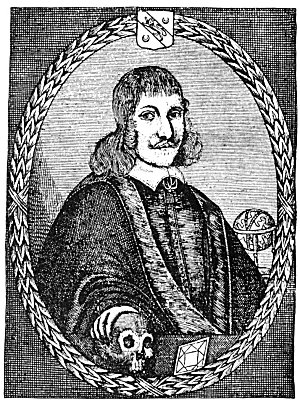
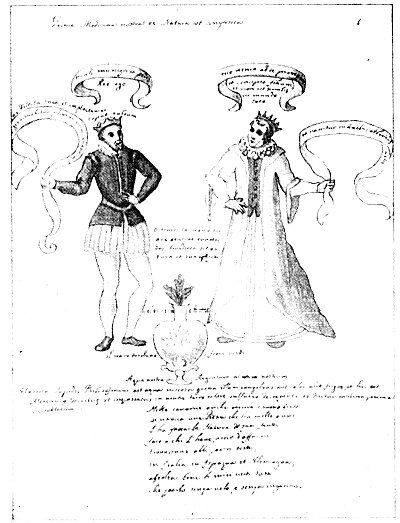
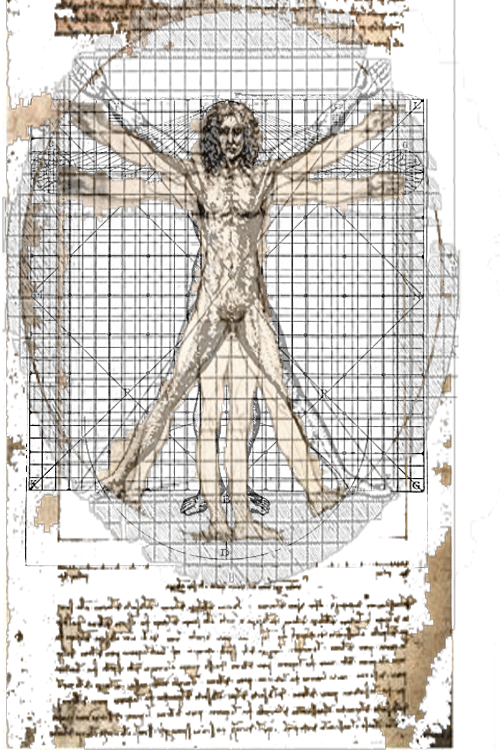

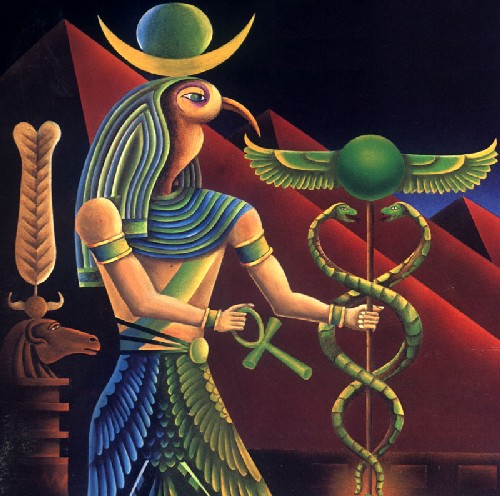
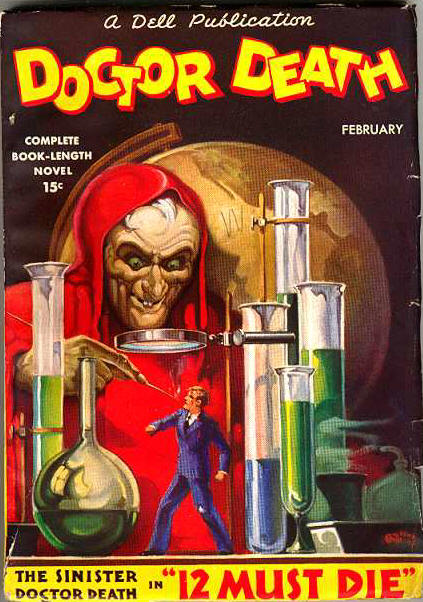

![How the South Saxons received Eadbert and Eolla, and the West Saxons, Daniel and Aldhelm, for their bishops; and of the writings of the same Aldhelm [705 A.D.] | Book 5 | Chapter 17 How the South Saxons received Eadbert and Eolla, and the West Saxons, Daniel and Aldhelm, for their bishops; and of the writings of the same Aldhelm [705 A.D.] | Book 5 | Chapter 17](https://www.gnosticwarrior.com/wp-content/plugins/contextual-related-posts/default.png)